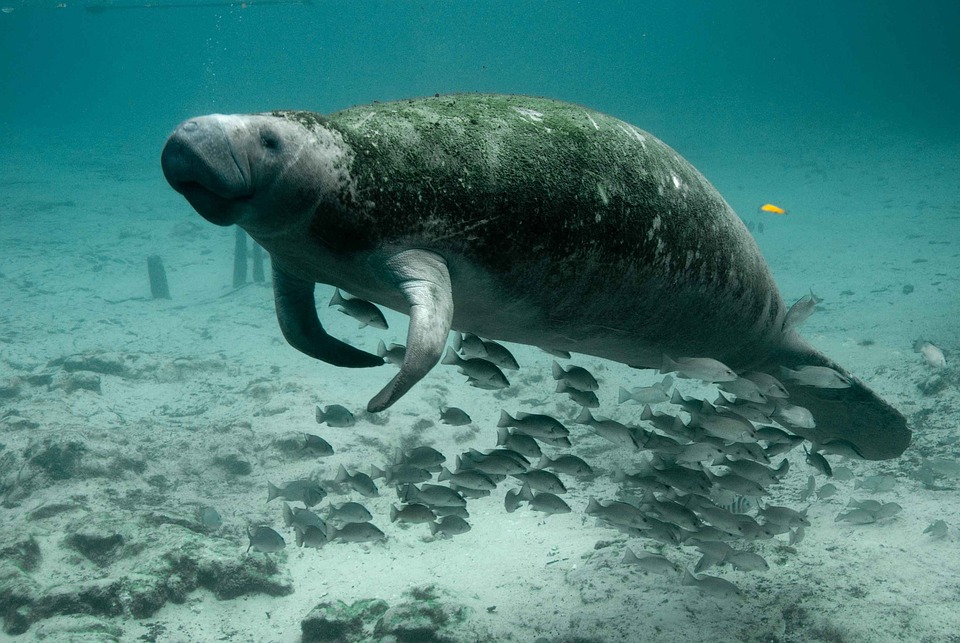
Seagrasses are flowering plants that live under the surface. They’re often found in vast beds called seagrass meadows which are home to a multitude of marine animals. The destruction of sea grass appears to be the leading cause of the decline in the manatee population. This has happened because of the pollution of fertiliser run-off, septic tanks and wastewater leaks, and the “normal” pollution from everyday western life. Collectively, these provoke algae blooms which kill the seagrass. This doesn’t just affect the manatees as seagrass not only provides food for them but also sea turtles, parrot fish, surgeonfish, sea urchins, and many more, smaller organisms that feed off the seagrass and the epiphytes and invertebrates that live in them.
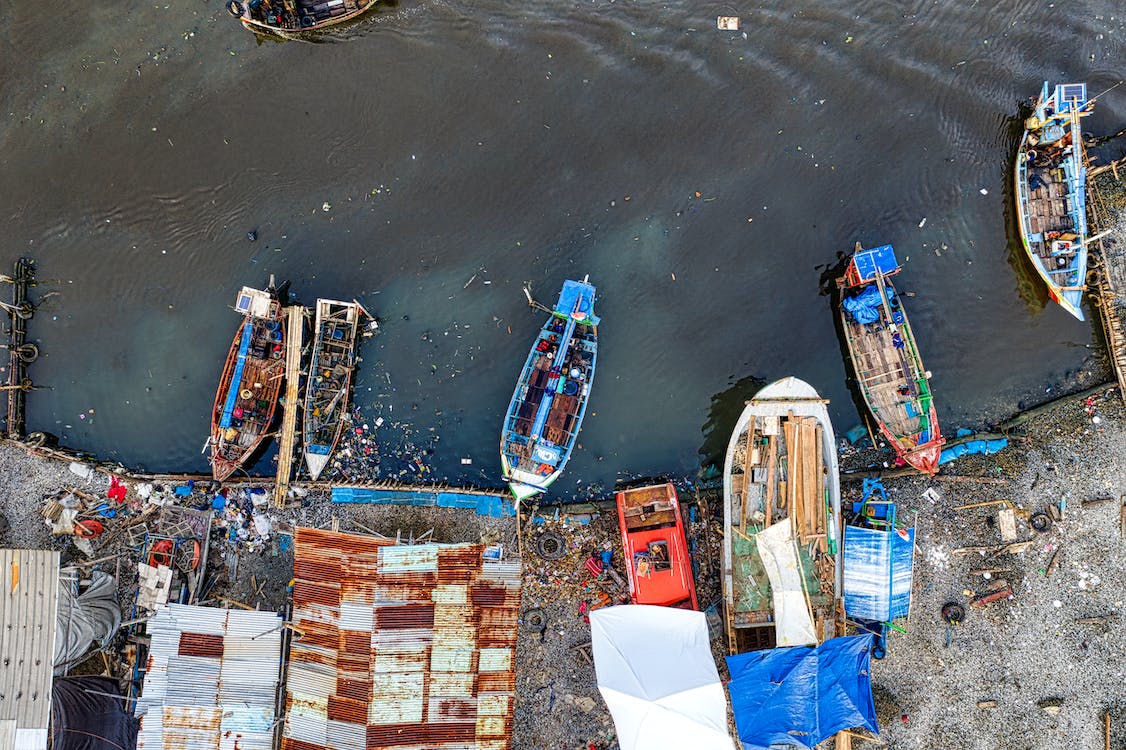
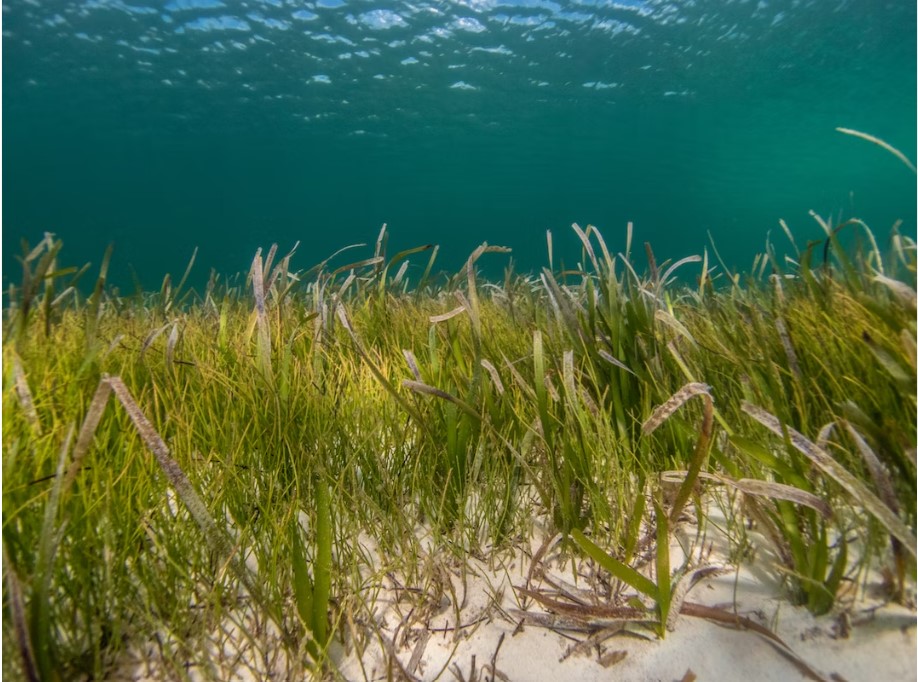

It seems that right now the best thing we can do is get manatees back on the endangered list to raise awareness of what we pump into our oceans. Although manatees are not found in the UK, the pollution of our rivers, lakes, and oceans is an international issue that is not only destroying habitats and food for animals but is also destroying our habitat and our food. We may not be as endangered as manatees but if we keep on at the rate we’re going, we may as well be on the endangered list as well.
https://www.theguardian.com/environment/2022/nov/25/manatee-deaths-florida-endangered-status

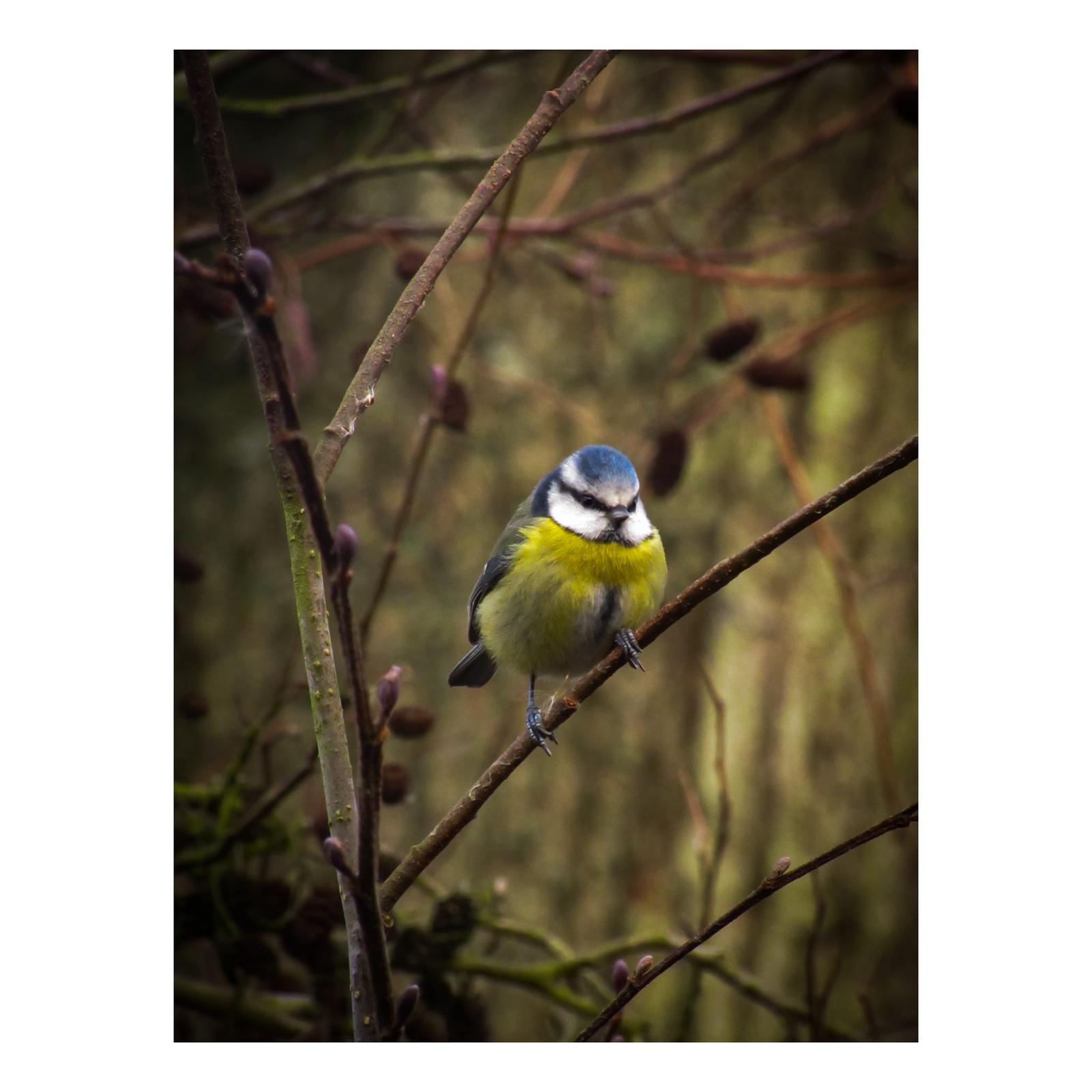

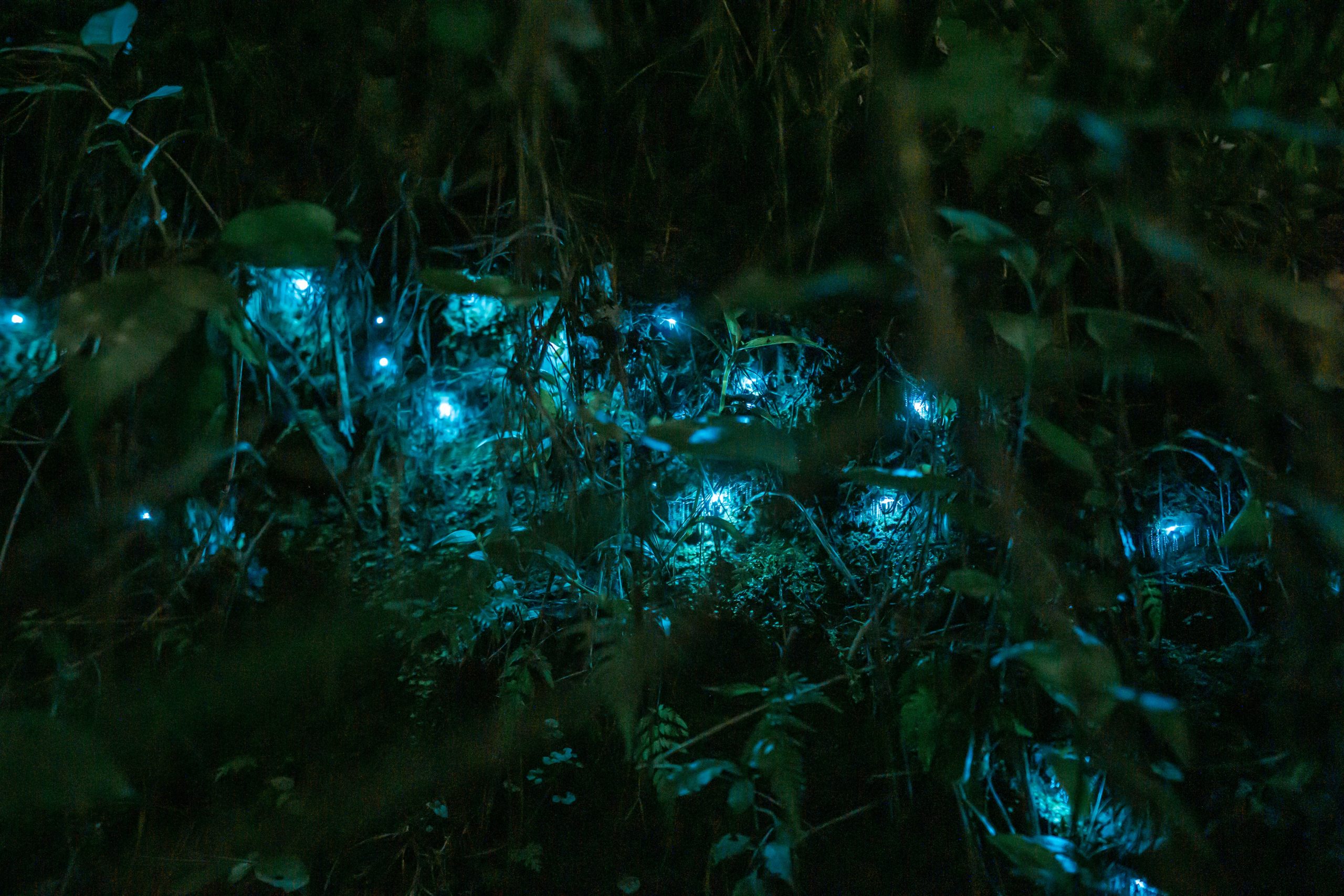
0 Comments